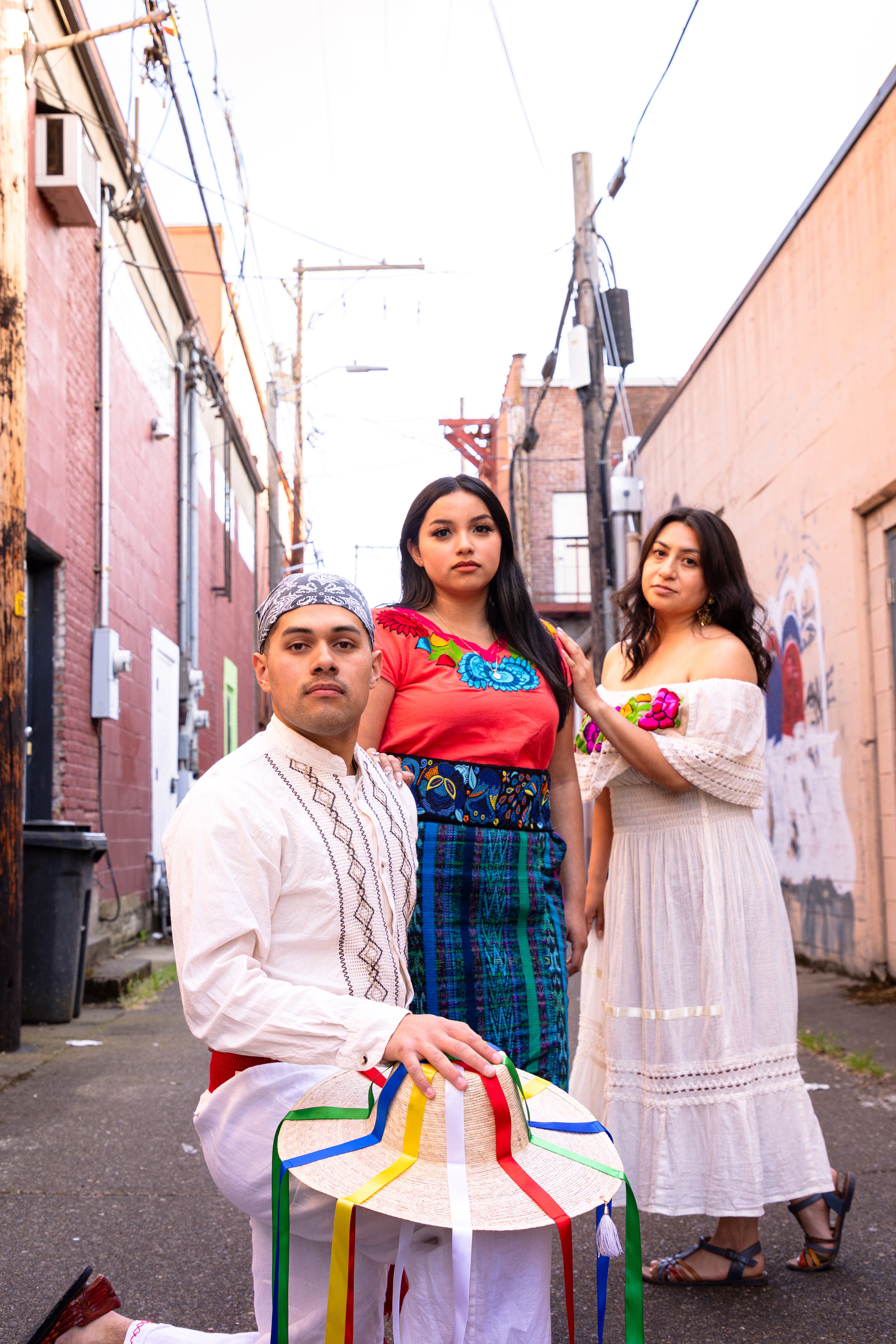Often, we don’t realize how our words can promote a limited perspective of the world and cultures around us. Although this is not necessarily our fault sometimes, it begs the question: Should we be expanding our knowledge on different cultures and the closely related differences between them?
Latino culture stems from a multitude of regions, most of which a majority of people are blissfully unaware of. It goes unnoticed how many national identities there truly are, and due to a lack of exposure and knowledge of such nationalities, the lines blur between the unknown and the outspoken. This is not to say that there are “favored” nationalities or a hierarchy, it is more so to say that being aware of the multitude of nationalities is more progressive than a hasty generalization.
One of the biggest misconceptions about Latinos and Latinx culture is that we all come from the same place. Time and time again I’ve been mistaken for a nationality far off from the one that I truly am because people are unaware that where I am from even exists and it's easier for them to assume something completely out of line. The obvious truth is that the assumptions are harmful and unintentionally erase so many people’s identities in just a few-word sentences, the hidden truth is that those assumptions make it difficult to take pride in our cultures when the realization settles in that our culture goes unrecognized and begins to feel unwanted.
“I don’t like to bring it up because people assume that I know everything,” said Jazmine Lopez, an Oregon State University student when talking about her Guatemalan nationality. Jazmine is Mexican and Guatemalan but often feels like she needs to shy away from talking about her Guatemalan roots due to the people around her quizzing and grilling her as if she has to “prove” her nationality, to which I feel the same. When did it become an expectation to know everything about our cultures to be valid yet at the same time, those same people don’t know the answers to what they’re asking? Can’t we just be unapologetically proud? Questions go unanswered but I believe that because of this idea that we – as Latinx people – are expected to know the complete history of our cultures. It makes it hard to take pride in our culture without the hindering thoughts of those same people claiming we aren’t enough. That being said, knowing or not knowing our cultural history doesn’t change the fact that despite our knowledge, we are still Latinx people.
“‘Oh you’re Mexican but you don’t do this’, or ‘oh you're American but you don't do this’… just because you do this or just because you don't do that doesn't make you less or more… you’re still you,” Jazmine said.
As a Mexican American, Jose Garcia-Mandujano feels like taking pride in your culture can be a hard obstacle to overcome when it's generationally rooted in shame. However, it doesn’t mean it's not something you can overcome. “I still see it in my parents… for example, I had a little rosary hanging over my rearview mirror and I remember he told me ‘Oh you shouldn’t let people see that, they’re probably gonna know you’re Mexican that way,’” Jose said. Jose was part of a cultural dance club for nine years, from fourth-grade to his senior year of high school. “As a kid I felt… goofy, in elementary school you know when you had to do the choir thing and there were kids who were too afraid to sing pridefully? It was that kind of feeling,” Jose said. Jose was the one to start breaking the cycle for himself and started taking pride in his culture.
“As I kept doing it I got to get more and more proud of what
I was doing and more and more proud of myself,” Jose said.
OSU faculty member Clarisa Caballero-Ignacio is the role model the Latinx community needs when we continue to feel pushed down, unseen or ashamed of who we are. She is single-handedly combatting stigmas as a faculty member and constantly taking pride in her culture when the opportunity presents itself. “I enjoy wearing my cultural clothing in my everyday life because it makes me feel happy and close to my roots,” Clarisa said. “I also see myself as a role model and like to wear my cultural apparel at work to show that you can express yourself professionally.” She is not only educating and exposing more people to her culture but reminding other Latinx people that they can do the same, “I organize bilingual outreach events and when the opportunity arises, I like to wear my cultural clothing because – at least from my perspective – I feel that as a faculty I’m a role model for families and students and hopefully they are encouraged to express their culture as well,” Clarisa said. “As a faculty I believe it’s important to introduce myself in Spanish in all settings and I hope that by doing so, it brings awareness to people and encourages others who identify with the Spanish language to do the same.” Clarisa takes pride in her culture by diving head first into the depths of cultural pride and identity acceptance, which she does so much so that she is even referred to as a “walking ambassador” for her native region, Oaxaca, Mexico.
“Be proud of your roots. Don’t be afraid to express yourself,
however that may be,” Clarisa said.








